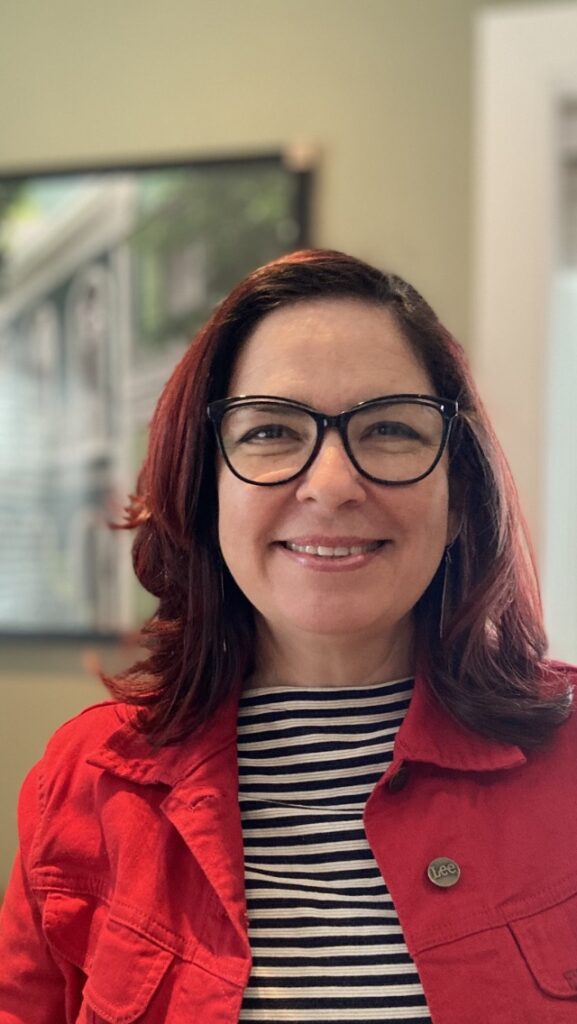Karla Loya, University of Hartford – Pandemic Teaching and Learning Should Be Inclusive and Supportive
 Fostering an inclusive environment is key during a time of crisis.
Fostering an inclusive environment is key during a time of crisis.
Karla Loya, assistant professor of educational leadership in higher education at the University of Hartford, explores how to make sure no one gets left behind.
Karla I. Loya, Ph.D. (she/her/ella) is an Assistant Professor of Educational Leadership in Higher Education at the University of Hartford. She has a Ph.D. in higher education with a minor in women’s studies from Pennsylvania State University, and a M.S. in higher education administration from the University of Kansas. Her research investigates the processes, experiences, and decisions that lead to more inclusive higher education settings, interweaving three areas: (1) faculty and student experiences and how identity, social justice, and equity issues play a role in their success; (2) inclusive college teaching and learning; and (3) socially-just research methods and assessment. Loya supervises doctoral dissertations and teaches instructional development, professoriate, research methods, and dissertation preparation courses.
Pandemic Teaching and Learning Should Be Inclusive and Supportive
Best practices in college teaching delineate the importance of communicating clear expectations, selecting relevant content, engaging students in active learning, creating multiple assessments, and fostering a respectful learning environment.
After the teaching and learning process was disrupted by the Coronavirus pandemic, many instructors had to pivot and learn new modalities of instruction. For many, most efforts were dedicated to learning new technologies and catching up with time delays. This meant that some best practices were left out of the new teaching and learning environments. More problematic, the pandemic created new needs and situations that demanded a different way of teaching. For instance, since the pandemic started, many students and instructors have reported academic, social, and personal struggles.
My research highlights the importance of fostering inclusive college classrooms to ensure that all students are participants in the shared teaching and learning, in any modality. How do we then create and maintain inclusive, participatory classrooms when issues of equity, mental health, and uncertainty about the present and the future weigh heavily on students’ and instructors’ minds?
To teaching in more flexible and supportive ways than ever before, we can foster a sense of belonging and community by creating spaces in our virtual or physical classrooms for students to engage with one another and with us. We also need to creatively think of ways to bring flexibility to assignments and assessment types, formats, and deadlines.


